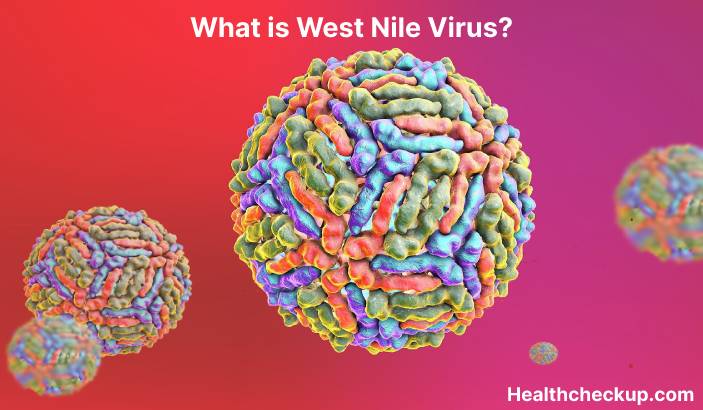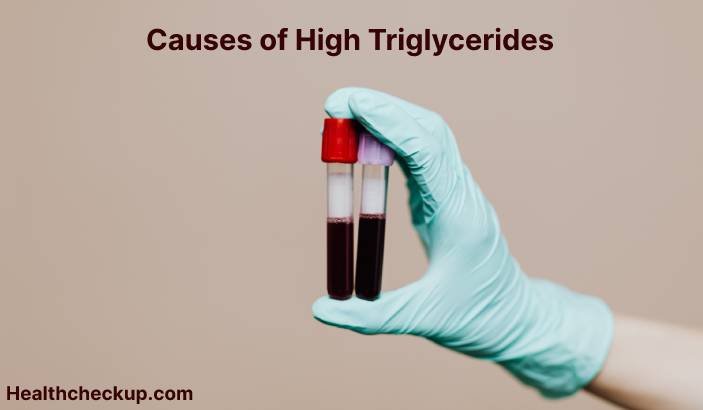West Nile virus infection is a viral disease that is transmitted to humans through the bite of an infected mosquito. The virus is found in many parts of the world, including the United States. Most people infected with West Nile virus do not have any symptoms, but in rare cases, it can lead to serious complications, such as meningitis or encephalitis.
Symptoms of West Nile virus infection may include:
- Fever
- Headache
- Body aches
- Rash
- Swelling of the lymph nodes
In severe cases, West Nile virus infection can lead to serious complications, such as meningitis (inflammation of the membranes surrounding the brain and spinal cord) or encephalitis (inflammation of the brain). These complications can be life-threatening.
Diagnosis of West Nile virus infection is typically based on the presence of symptoms and a history of exposure to infected mosquitoes. It may also involve laboratory tests to confirm the presence of the virus.
Treatment of West Nile virus infection is supportive, focused on managing symptoms and preventing complications. This may include medications to control fever and pain, and measures to prevent the spread of infection to others. There is no specific treatment for West Nile virus infection.
West Nile virus infection can be prevented through the use of mosquito repellents and through the implementation of measures to reduce mosquito breeding sites, such as eliminating standing water. If you are experiencing symptoms of West Nile virus infection or have been exposed to infected mosquitoes, it is important to seek medical attention as soon as possible. Follow the recommendations of your healthcare provider to help manage your symptoms and to reduce the risk of complications.








